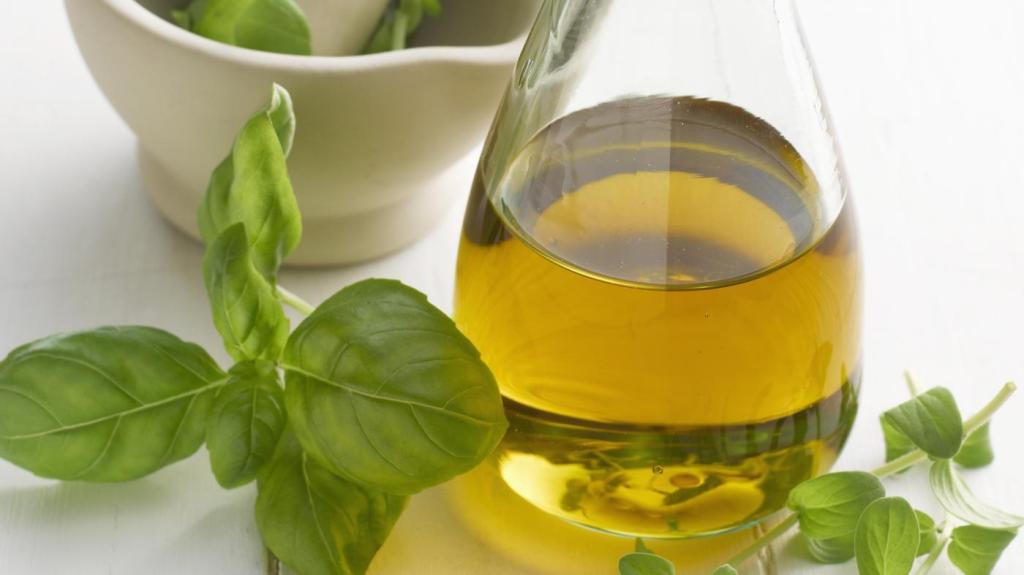
There are several home remedies for coughing you can try to relieve coughing. Some of these include Black pepper, Thyme, and Ivy. Other remedies include Eucalyptus oil. These remedies are not for everyone, so you should seek medical advice if you’re not getting any relief.
Black Pepper
One of the best herbal home remedies for coughing is black pepper. Not only does it help ease chest congestion, but it’s also rich in antioxidants. When combined with honey, it soothes the throat and lungs. It’s also safe for children. For a more effective remedy, boil fresh pepper and honey together. Then, let the mixture cool. It can be stored in the refrigerator for up to 3 weeks.
Black pepper is typically used for cooking, but it can also be used for cough remedies. When mixed with honey, black pepper’s antibacterial properties help to soothe the throat. Add a teaspoon of black pepper to one tablespoon of honey. Let steep for about 15 minutes. This remedy is most effective for wet coughs, but can also help ease chest congestion.
Thyme
Thyme is considered one of the top herbal home remedies for coughing because of its antitussive, expectorant, and antispasmodic properties. It contains thymol and carvacrol, two constituents that are antibacterial and antiviral. It can be added to food or taken as a tea. Drinking thyme tea can reduce coughing and help you feel better faster.
Another great home remedies for coughing is a gargle made of thyme or sage. The volatile oils in the leaves of these herbs are known to thin mucus and help dissolve it. Avoid using throat-coating demulcents, which can make your coughing worse. Gargle with warm thyme or sage tea for several minutes.
Ivy
Ivy is a great herbal home remedy for coughing. It contains a number of beneficial compounds that are useful for fighting infection, preventing the growth of bacteria, and reducing cough frequency. It also has anti-inflammatory and anti-oxidant properties. Its components have been shown to reduce cough frequency by 30% to 78%. It can be consumed by boiling it in two cups of water and steeping it before drinking. However, it should not be consumed by children.
Ivy and thyme are two herbs that have been used for thousands of years as herbal home remedies for coughing. They are often combined with other herbs for cough relief. In a study, ivy combined with thyme reduced the frequency and severity of coughs in people with acute bronchitis. In addition, thyme and ivy reduced mucus, which is often the purpose of coughing.
Eucalyptus Oil
Eucalyptus oil is a powerful herbal home remedies for coughing and is used to treat upper respiratory infections, including bronchitis. It contains a compound known as cineole, which reduces inflammation and inhibits the overproduction of airway mucus in animal studies. Eucalyptus oil is also effective and dry cough treatment.
It also helps in preventing colds and the flu. It helps disinfect surfaces and prevent the spread of viruses. Eucalyptus oil is a natural anti-inflammatory and can help prevent coughing and the symptoms of bronchitis, sore throat, and asthma.
Honey
Honey can be taken in a variety of forms to help with coughing. It can be consumed in its raw state or mixed with warm tea for an extra soothing effect. However, some precautions need to be taken before using honey as a cough remedy. You should not give honey to infants and children younger than one.
Coughing is a natural reaction of the respiratory system to protect the lungs, but it can also be annoying and disruptive. Coughing can greatly impact the quality of a person’s life. This is why natural cough remedies can be a great alternative to medications.
Slippery Elm
Slippery elm is great home remedies for coughing. It can be used as a tea and is a soothing, anti-inflammatory herb. You can drink a cup of slippery elm tea up to three times a day. To make a slippery elm tea, mix 1 tablespoon of dried herb per 8 ounces of hot water. You can also take slippery elm lozenges.
Slippery elm also helps with digestive issues. It can reduce inflammation and irritation in the digestive tract. Slippery elm also has prebiotic properties, feeding the good bacteria in the intestines.